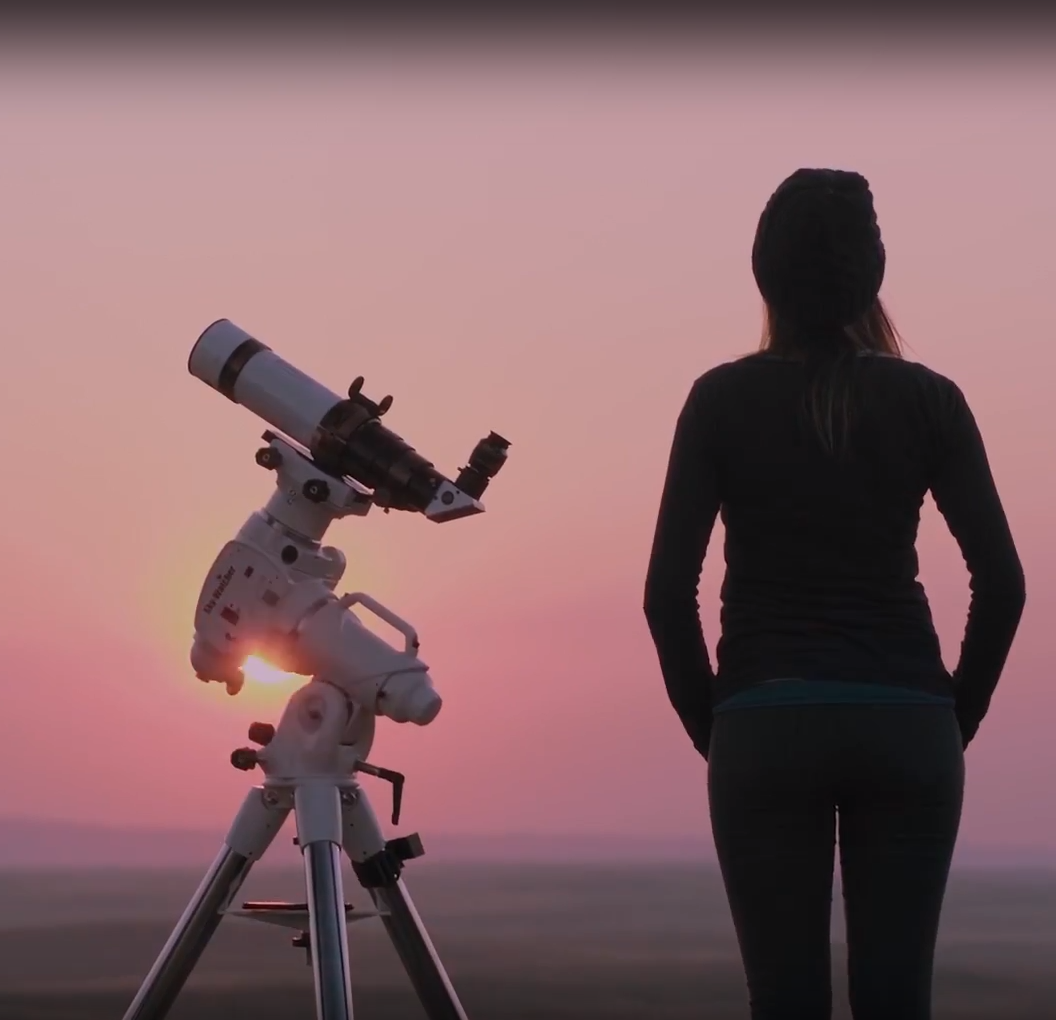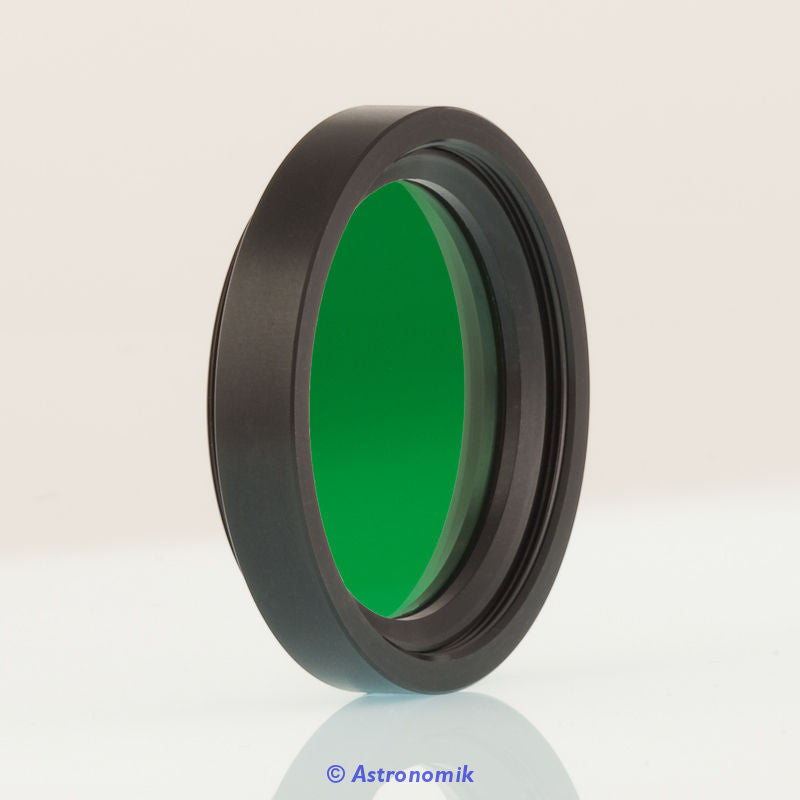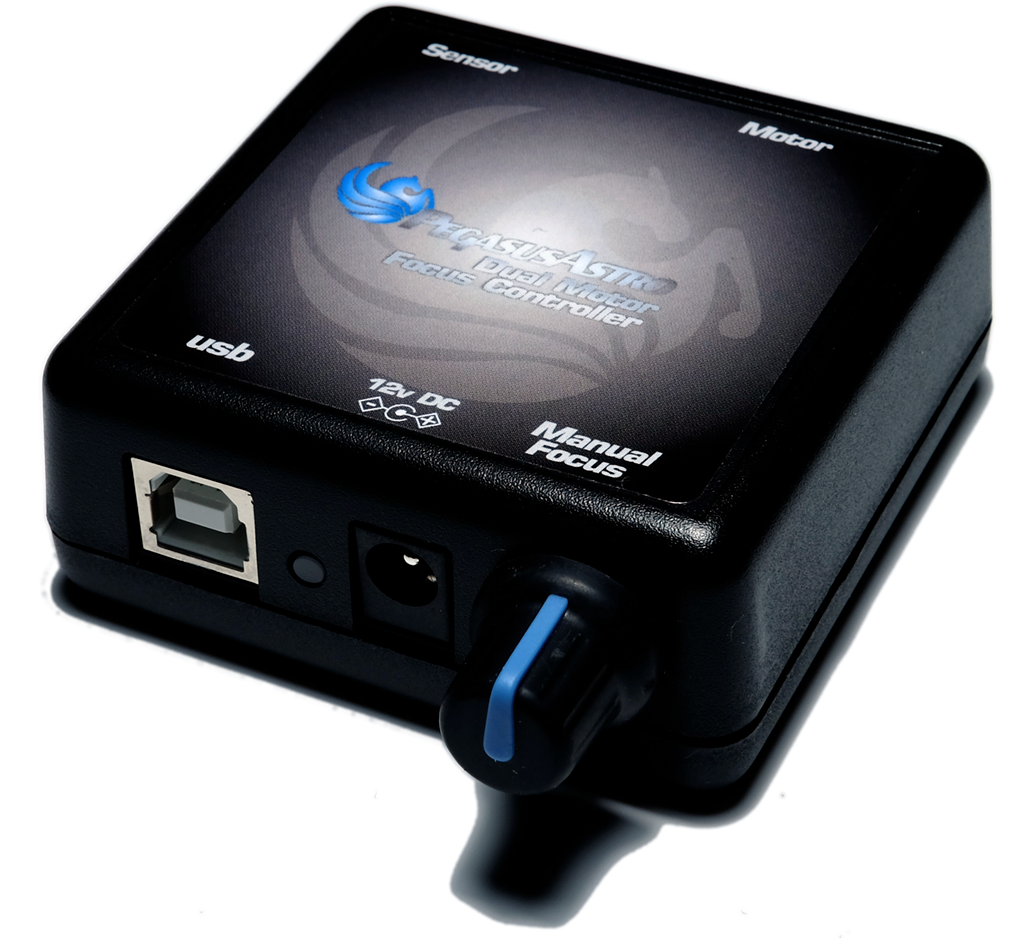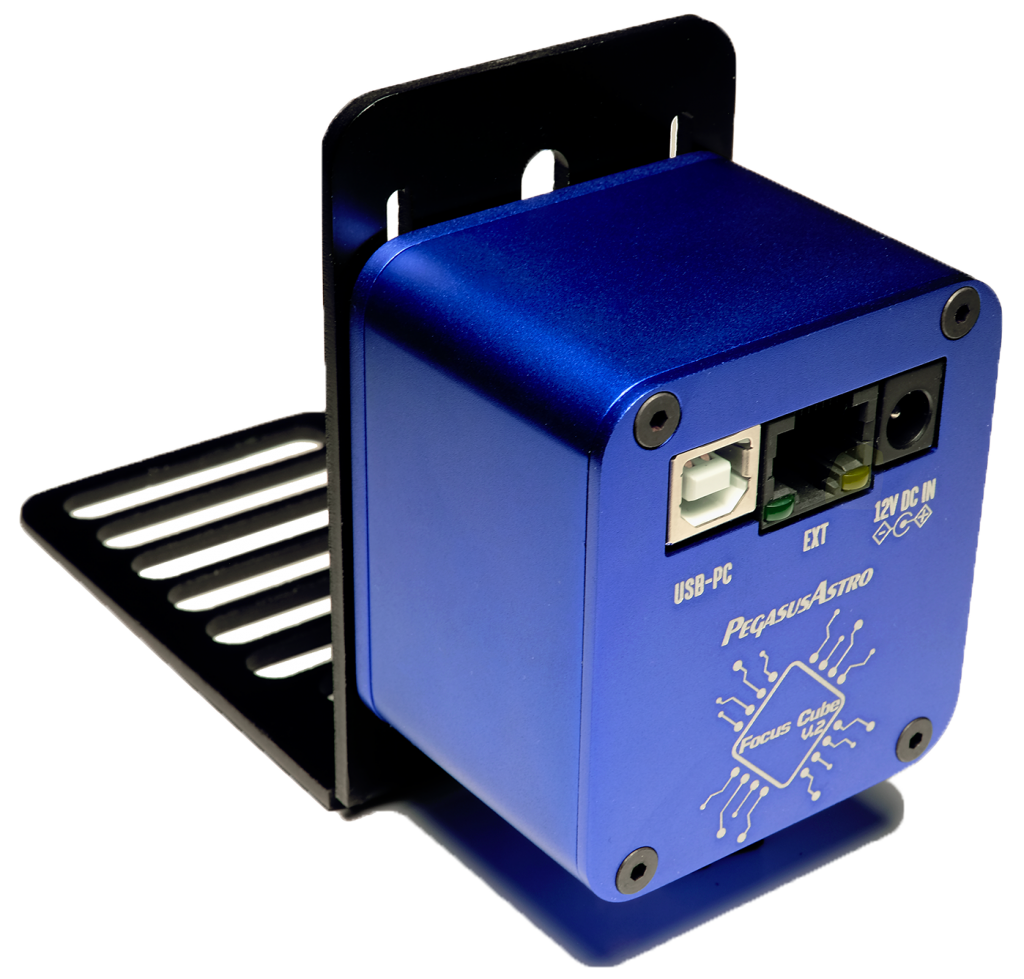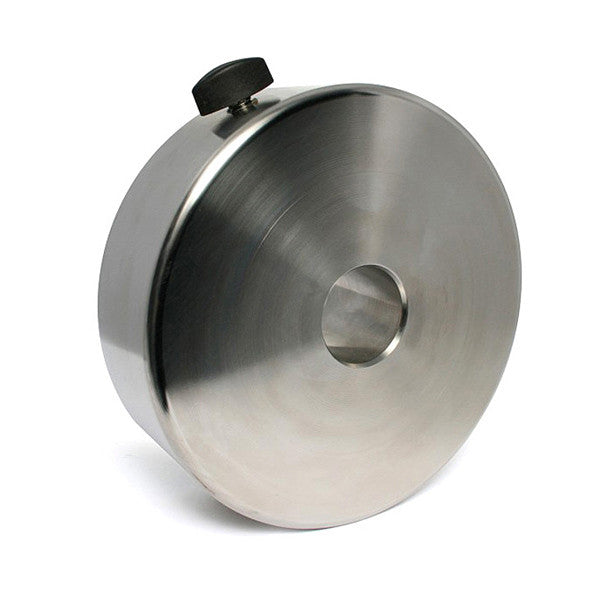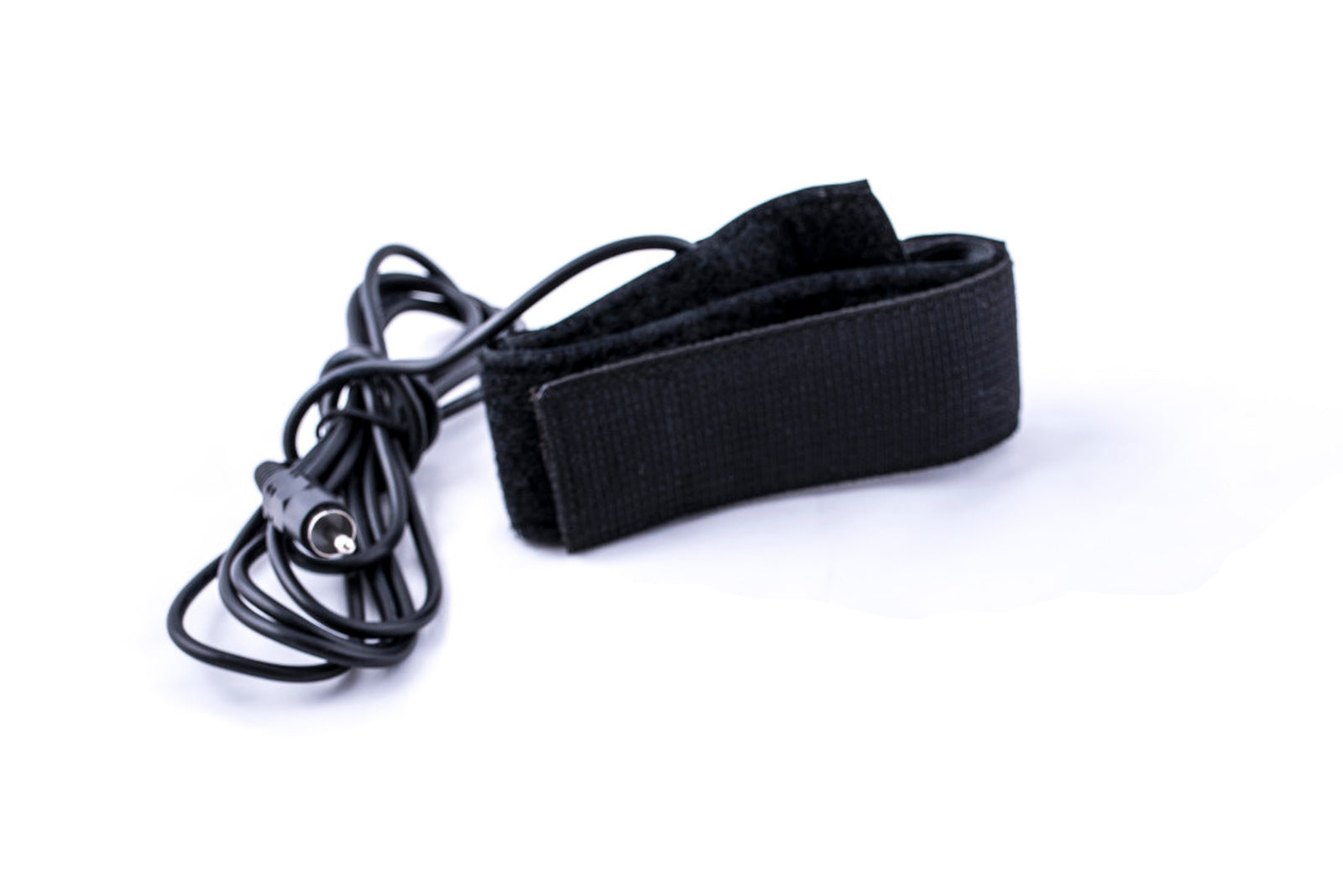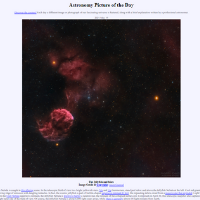Astro Imaging with Tim Puckett of SBIG
Purpose: Provide a start-up guide for imaging deep space objects and advice for those already imaging.
Tim Puckett: From building his own robotic telescope before they existed, to becoming one of the most iconic and famous astronomers to date. He and his partners began a dedicated search for supernovas in 1998, still bearing results today. A galactic gold hunter.
This Episode You’ll Learn:
- How Tim Puckett went from obscurity to astro stardom
- That anybody can make their own telescope system
- Basic methods and gear setups for beginners and amateurs
- How you can take part in the Golden Age of Imaging
- General information on advanced cameras and equipment
Notable Quotes:
"This is the golden age of imaging”
“We want to replenish the astronomy community with younger people.”
"People are naturally drawn to astronomy”
“Imaging doesn’t have to be hard, doesn’t have to be expensive, doesn’t have to be complicated, but we do have to get started.”
Main Topics:
8:52 –The First Robotic Telescope
Made using a combination of materials from cotton gins, aircraft, and general off-the-shelf items. An automated system leading the way into today’s observatory structure.
23:06 –Tim’s Rise to Astro-Stardom
From making his own robotic telescope before they'd even been invented, to being requested as a guest on national television, Tim Puckett tells his story.
37:12 –Advice for Beginners in Astro Imaging
Tim Puckett and the hosts give advice for those starting in astrophotography. Something of great importance is to read up what on what it is you want to do, and what you’ll need for it. A great rule to work with is good calibration and focus brings good work.
Got a DSLR? Give it a go and see what you capture. You could grab an entire system and get some of the best images possible with around a $1500 setup, generally using CMOS camera. Higher end images are usually taken with CCD cameras. To process these images, software packages are available for as low as $50, or you can buy a device like the Stellarmate or EAGLE CORE which has the software and computing you need as an all-in-one.
45:10 –From Beginner to Amateur
What is the difference from those considered beginners to the more loosely termed “amateur?” Tim gives his thoughts and discusses what it all means to be an amateur in this section.
60:10 – Wrap-up and Conclusion
Like what you listened to? Hate what you heard? Let us know in the comments below!


